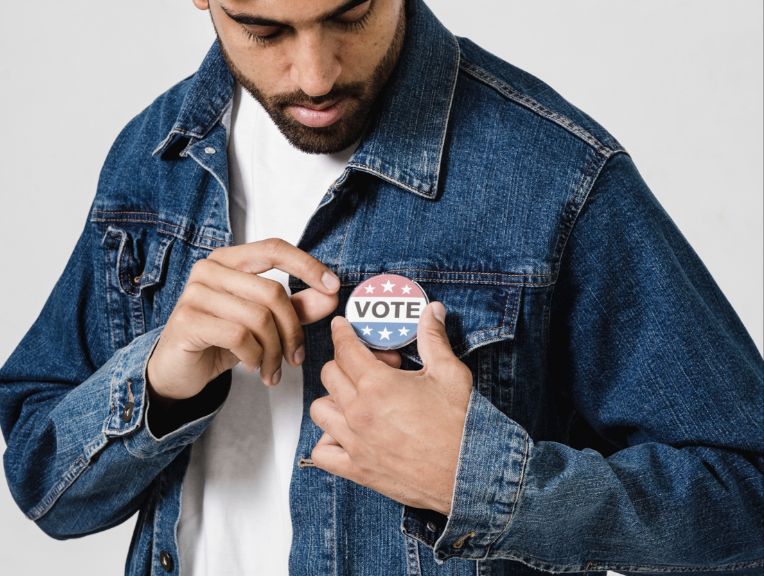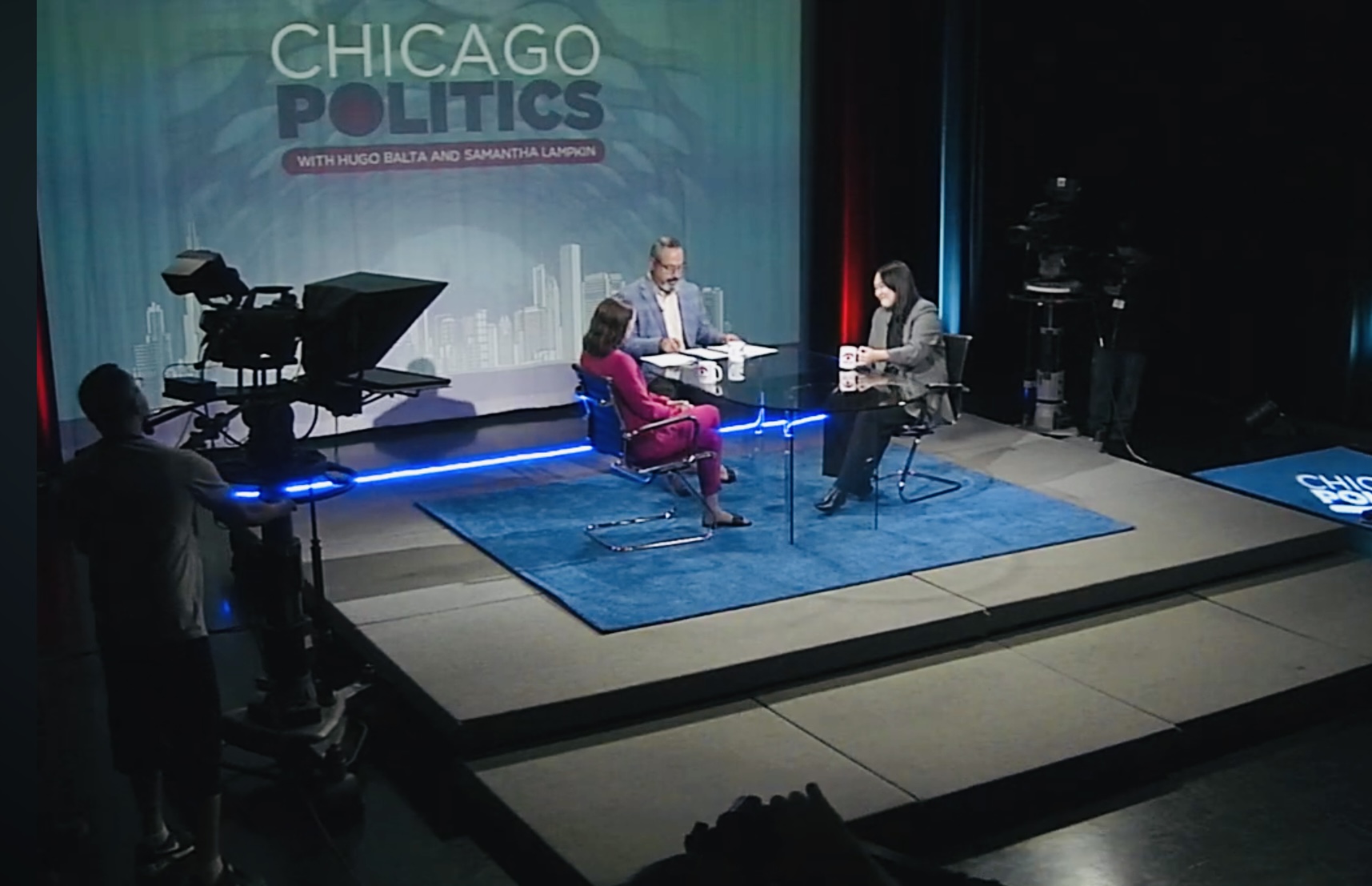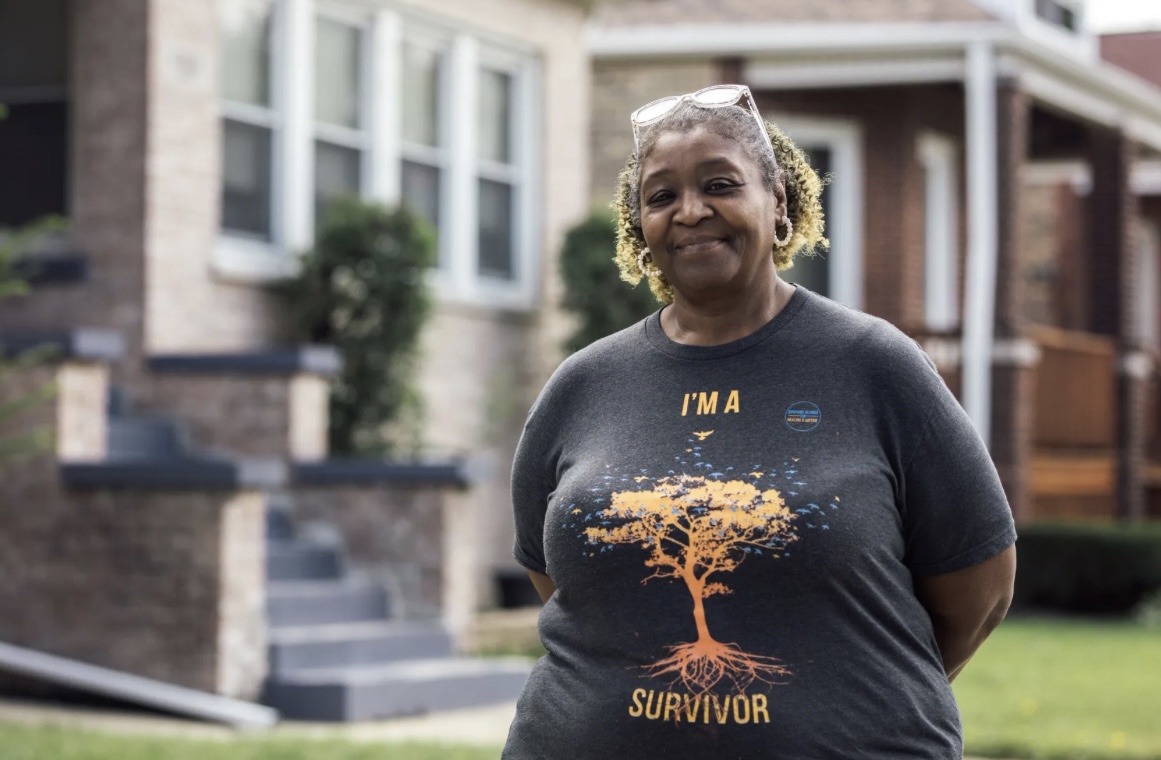Early Voting in all 50 Wards opened Monday and the Chicago mayoral election is now less than two weeks away. A new poll released today sheds light on which issues are top priority for Latino and Black voters, shaping their vote for the city’s next leader.
The Chicago Mayoral Study was led by The Center for the Study of Diversity and Democracy (CSDD) at Northwestern University and a coalition of local Latino and Black organizations, including Hispanic Federation, Illinois Black Advocacy Initiative, Latino Victory Project and the Latino Policy Forum.
“I was heartened to see that the city of big shoulders embraces efforts to integrate migrants into the community. Seventy nine percent of all Chicago likely voters polled responded favorably to the question to “create a humane and orderly way to allow immigrants, refugees and asylum seekers to live and contribute to Chicago,” with 88 percent of Latinos, 78 percent of Black, and 76 percent of white people supporting the effort,” said Sylvia Puente, President and CEO of Latino Policy Forum.
Political analysts often talk about “the Latino vote” or “the Black vote,” but this study of 643 of Chicago’s registered voters found that shared concerns are driving this election, and Chicagoans are not necessarily voting for candidates of their shared race.
Crime is top of mind for many Chicago voters. The poll allowed participants to choose up to three issues they deemed important, with 46 percent of Latinos choosing crime and the majority of Black (54 percent) and white (64 percent) respondents identifying crime as a priority issue in this election.
Inflation and cost of living were the second most important issues, with all three groups in agreement.
Wages, police reform and affordable housing were the next three most important issues, further exemplifying that Black and Latino voters are concerned about the same things.
“Any candidate elected to lead Chicago’s City Hall must be ready to work on policy issues that will help Latino and Black communities thrive, and this poll is crucial in knowing where these communities stand,” said Nathalie Rayes, Latino Victory Project President & CEO.
The differences among the communities show in who they’re voting for. 40 percent of Latino participants said they preferred or were leaning towards voting for Congressman Chuy Garcia. But, the overall vote is cutting close: Paul Vallas with 19 percent; Garcia 17 percent; Mayor Lori Lightfoot 14 percent; and Willie Wilson 12 percent.
““This latest poll proves once again that Black and Latino voters are not a monolith and the issues that drive our communities to the ballot box are vast and diverse,” said Frankie Miranda, President and CEO of Hispanic Federation.
Over 20 percent of voters said they are undecided and even after being prompted to choose one, 12 percent of voters still had not made a choice.
20 to 25 percent of each racial community expressed support for a candidate of a race outside of theirs, including 60 percent of Latino voters, 77 percent of Black voters and 75 percent of white voters.
Lightfoot is only the third Black mayor in Chicago’s history and Garcia is fighting to become the first Latino in the city’s executive office. According to the poll, both Latinos and Black voters rate a candidate’s ability to understand their community as top criteria for the position.
Not only does the poll show unison in social problems most important to each community, but it also shows a desire amongst Black and Latino voters to want to work together.
More than 70 percent of Black and Latino voters said that they think Chicago would be better if these two communities worked together on issues. 85 percent of Latinos and 75 percent of Black participants think that Black and Latino communities have more in common when it comes to government and politics in Chicago. BSP Research, who conducted the study, found that such strong levels of perceived commonality, and the belief that acting on that commonality is mutually beneficial, is the foundation of coalition politics and pan-racial movements for social and political change.
Publisher’s Notes: The 2023 Chicago elections will take place in two rounds on February 28, 2023, and April 4, 2023.
Chicago’s 2023 Municipal Election will decide races for Mayor, Alderpeople in all 50 Wards, City Clerk, City Treasurer, and Police District Councils. All candidates for these positions can be found on the Chicago Board of Election Commissioners website.
Are you registered to vote? No problem. Click HERE to find out.
Find your polling location for voting on election day by clicking HERE.
IL Latino News produces stories focused on the responses to the social determinants of health and democracy.
Cover Photo by Sora Shimazaki.




